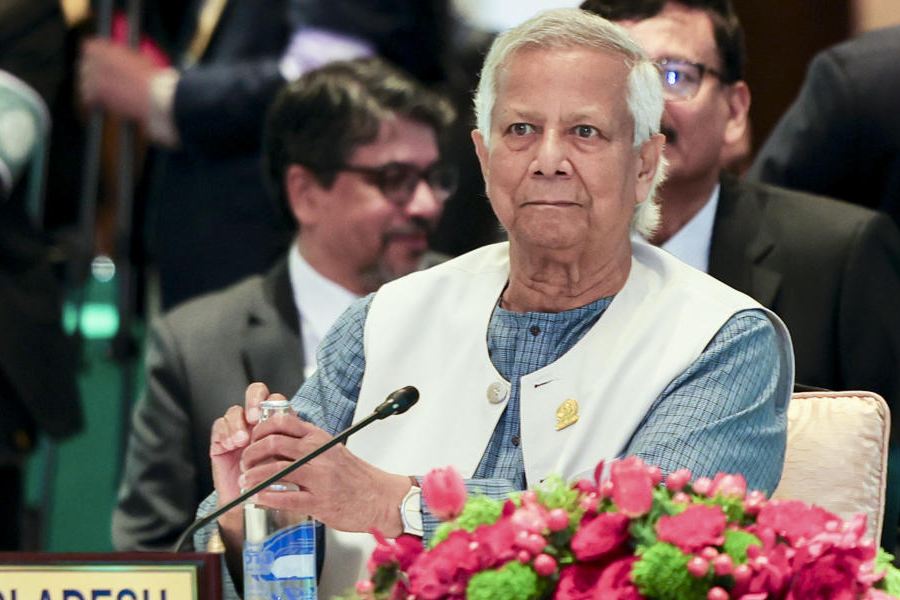The ghastly terrorist attack near Jammu suggests that there is likely to be a further escalation of violence in Jammu and Kashmir in the weeks to come. It is also clear now that the promises made by the president of Pakistan, Mr Pervez Musharraf, in his January 12 speech, which included a commitment to stop sponsoring terrorism in Kashmir, have not translated into reality. The attack, which took place during the visit to India of Ms Christina Rocca, the United States of America assistant secretary of state for south Asia, must signal to the Bush administration that the war against terrorism is far from over. This was one of the most audacious terrorist attacks in recent years in Jammu and Kashmir. The camp attacked is designated a family station and more than 20 women and children, all family members of soldiers posted in the area, were killed. Earlier, the terrorists had also killed 10 passengers in the civilian bus that had brought them near the army camp.
Two terrorist organizations have apparently claimed responsibility for the attacks. One of them, al-Mansoor, is believed to be the new outfit created by the Lashkar-e-Toiba after its designation as a foreign terrorist organization by the US. The other organization is the Jamiat-ul-Mujahideen, which was formed by a breakaway faction of the Hizbul Mujahideen in the early Nineties. There is, however, little doubt that both organizations have been nurtured and sponsored by elements within the core of Pakistan's establishment. Therefore, unless the government of India responds with determination and decisiveness, there is little chance of New Delhi succeeding in holding assembly elections in Jammu and Kashmir in an atmosphere free of violence. For far too long, India's responses have been reactive and ad hocist. It is time that New Delhi adopted policies that are proactive, anticipatory and integrated to make sure that no one is left in any doubt about the nation's firm resolve to fight terrorism and states that back terrorists.
Three steps are particularly necessary. First, it is vital to have a more efficient unified intelligence network throughout the country and in the region that can use human and electronic means to tap and intercept communication between terrorists and attempt to infiltrate terrorist organizations that produce these desperadoes. Only through efficient and systematic intelligence-gathering can suicide missions be anticipated and aborted before the event. Second, it is equally vital that the response to a terrorist attack must have a deterrent effect on the more rational members of the terrorist organization and its backers, particularly if it is a government. Even while the government may carefully time its action, if New Delhi has to take measures to prevent terrorist acts in the future, it must make Pakistan bear substantial costs. Finally, it is critical that India sustain the high-level contact with great powers that have influence and leverage within Pakistan, particularly the US. The battle against terrorism may have to be fought alone, but it is important that the international community be made constantly aware of India's concerns and compulsions.
 Sunday, 08 February 2026
Sunday, 08 February 2026










